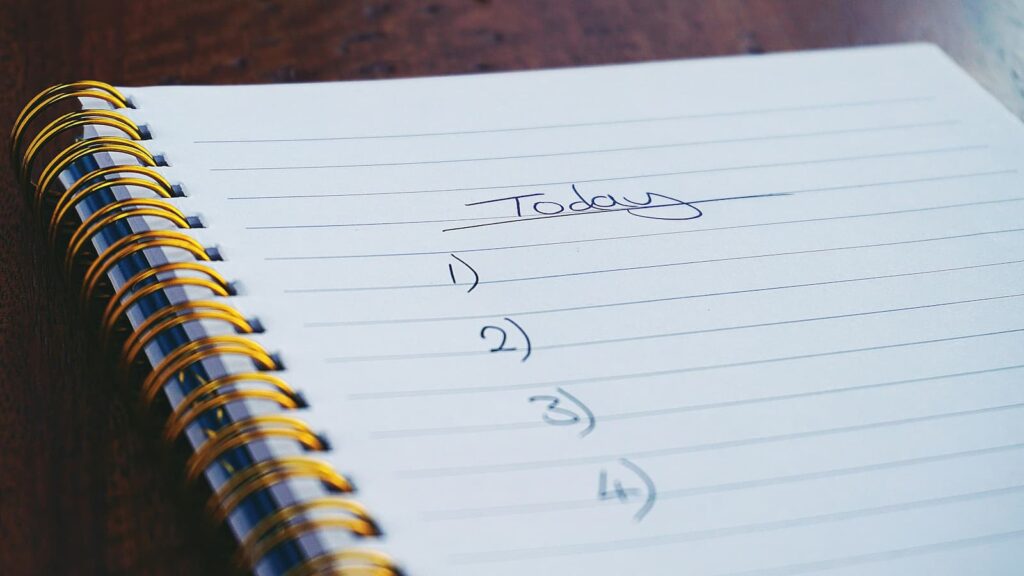
David
Republished on (Originally released on )

If you listen to native English speakers, you'll probably hear “stuff” often. But what does it mean and why is it so common?
"Stuff" is unique because of the many ways it can be used. It’s best to explain it with examples, so that’s what we’ll do in this article. When we’re finished, you'll be ready to use it in your own conversations right away.

We’ll begin with the simplest usage. The verb form of "stuff" means to “fill a space tightly with something.”
Imagine packing a suitcase for a trip. If you’ve given yourself enough time to prepare, you can carefully fold and place all of your clothes inside neatly.
But if you don’t have much time, you might grab items and force them inside quickly. In this second case, you're “stuffing” your suitcase — putting something into a space roughly or without much care.
The waiter grabbed the tip off the table and stuffed it into his pocket.
The trash can was completely stuffed with garbage.
"Stuff" also means “to eat a large amount of food.”
The kids stuffed themselves with pizza and potato chips.
Even foods themselves can be stuffed when they're filled with another kind of food.

Try one of these stuffed peppers. They're delicious!
The noun form of "stuff" is a little trickier; it basically means “things.”
What kinds of things? Well, almost anything!
The keys, coins and wallet on your desk? That’s stuff.
Reports you have to write for work? That’s stuff, too.
The pile of toys your child left on the floor? It's stuff!
Even things you can’t touch or see, like work, activities and ideas can be stuff. Let’s explore more through some examples.

For physical items, stuff can be anything that is not singular. For example, one pencil or a single apple cannot be called “stuff.” However, if you have several pencils or apples, then it’s OK!
Ryan's office is a mess. He's got stuff everywhere!
In this example, the speaker is referring to the papers, books and discs left around the room.
Thank you for coming to the party! You can put your stuff in the closet.
Here, "stuff" refers to the guests’ jackets, bags, etc.
"Stuff" is convenient for talking about things as a group when the individual items are unknown or not important.
There's a lot of stuff in my bag, so it’s really heavy.
In this example, we don’t know exactly what's in the bag, but the focus is the bag's weight, not its contents.
We bought a bunch of stuff since everything was on sale.
Here, as well, the meaning of "stuff" isn’t clear. If you want to know details, you can simply ask.

When using "stuff" figuratively, the rules aren’t so strict about what is singular or plural.
Like we mentioned before, if the subject of your sentence is unknown or not important, you can call it "stuff."
I have a bunch of stuff to do this weekend, so I won't have much free time.
Here, it refers to activities. Perhaps the speaker needs to visit the bank, do their laundry or study for a test. Again, if the other person wants to know about the specific activities, they can ask.
She's studied a lot of stuff, like karate, judo and kickboxing.
In the example above, "stuff" refers to different kinds of martial arts.
I couldn’t understand most of the stuff he was talking about.
This time it refers to something someone said.
Pop music? I don’t like that stuff. I prefer jazz and techno.
"Stuff" here is a particular kind of music.
Jenny has a lot of stuff on her mind right now.
In this example, “stuff” refers to someone’s thoughts.
Another common usage in casual conversations is the expression "~ and stuff." It's another way to say "etc." or "and other things like that."
Karl loves technology; he's really good with computers and stuff.
I like camping, hiking and stuff like that.
"Stuff" can be used to talk about many different things in a variety of ways. It's one of the most useful words in the English language, especially in casual conversations.
To learn more words like these, read our article Topic Focus: Super English Words.
Finally, if you want to practice using "stuff" yourself, book a lesson with an Engoo tutor and try it out! Engoo lessons are only 25 minutes and can be taken anytime day or night. Go here to learn more!
